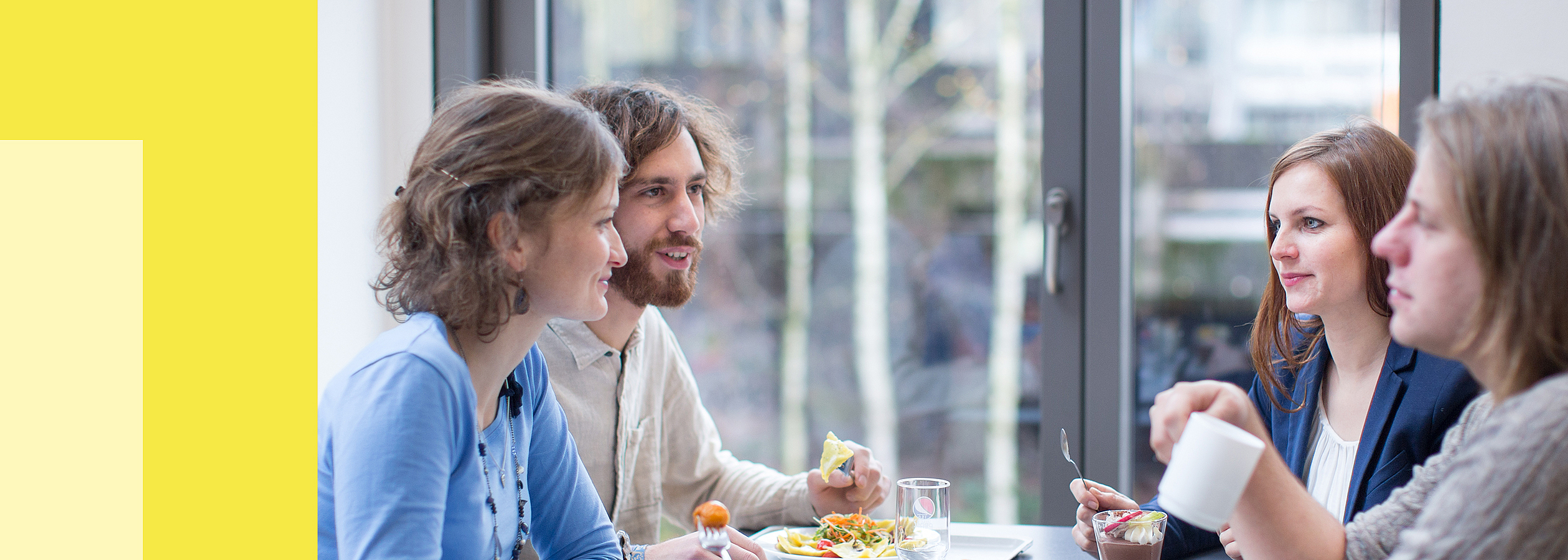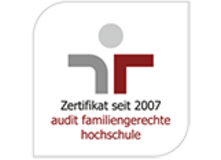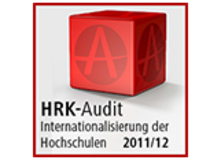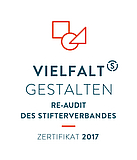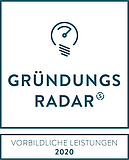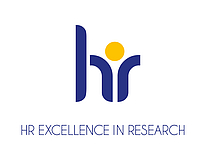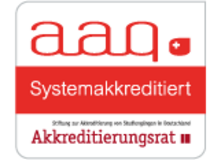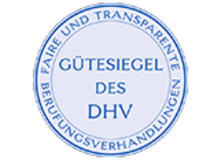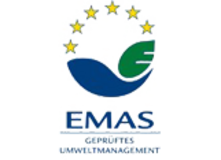The DGfE congress has been held every two years since 1968 at changing university locations in Germany. After being held in Essen (2018), Kassel (2016), and Berlin (2014), among other locations, it will now be hosted by the University of Bremen for the first time from March 13 to 16, 2022. Around 1,700 participants will address the congress theme of "Entgrenzungen” (Dissolving Boundaries) from an educational science perspective in 10 parallel lectures, 62 symposia, 74 working groups, and 41 research forums. "With a focus on globalization, digitalization, climate change, and migration movements, central social developments and at the same time challenges of educational research will be addressed, which in turn also have a special significance for the self-image of the University of Bremen," emphasizes Lydia Murmann. She is the Dean of the hosting faculty, the Faculty of Education and Educational Sciences, which is organizing this congress together with the DGfE. With regards to the theme of dissolving boundaries, the organizers want to take a look at dissolution and limitations, border violations and border transgressions, and offer space for a comprehensive educational-scientific examination of established self-evident facts. The focus will also be on the question of the responsibility of research in educational science in (co-)shaping the changes in living environments associated with globalization, digitalization, climate change, and migration movements. "An examination of these developments within the framework of the congress promises highly stimulating discussions from a scientific point of view, which will also have an impact beyond the congress," states Lydia Murmann.
The congress will be opened by the keynote speaker Dr. Sara Ahmed (UK). In her contribution, the renowned queerfeminist scholar will address the tension between difference and diversity at the institution of the university from a postcolonial perspective.
Accompanying Cultural Program
Bremen's cultural institutions and artists are focusing on the congress theme of dissolving boundaries in a cultural program created especially for the congress. Participants include the Übersee Museum, Gerhard Marcks House, Kunsthalle gallery, and the place of thoughts Bunker Valentin, as well as the singer Nihan Devecioğlu, the guitarist Alladin Haddad, the Gorazon quartet, and a dance trio from Theater Bremen.
Further Information:
Contact:
Tobias Linnemann and Marion Schmincke-Koch
DGfE Congress Office
University of Bremen
Phone: +49 421 218-69000
Email:dgfe2022protect me ?!uni-bremenprotect me ?!.de



